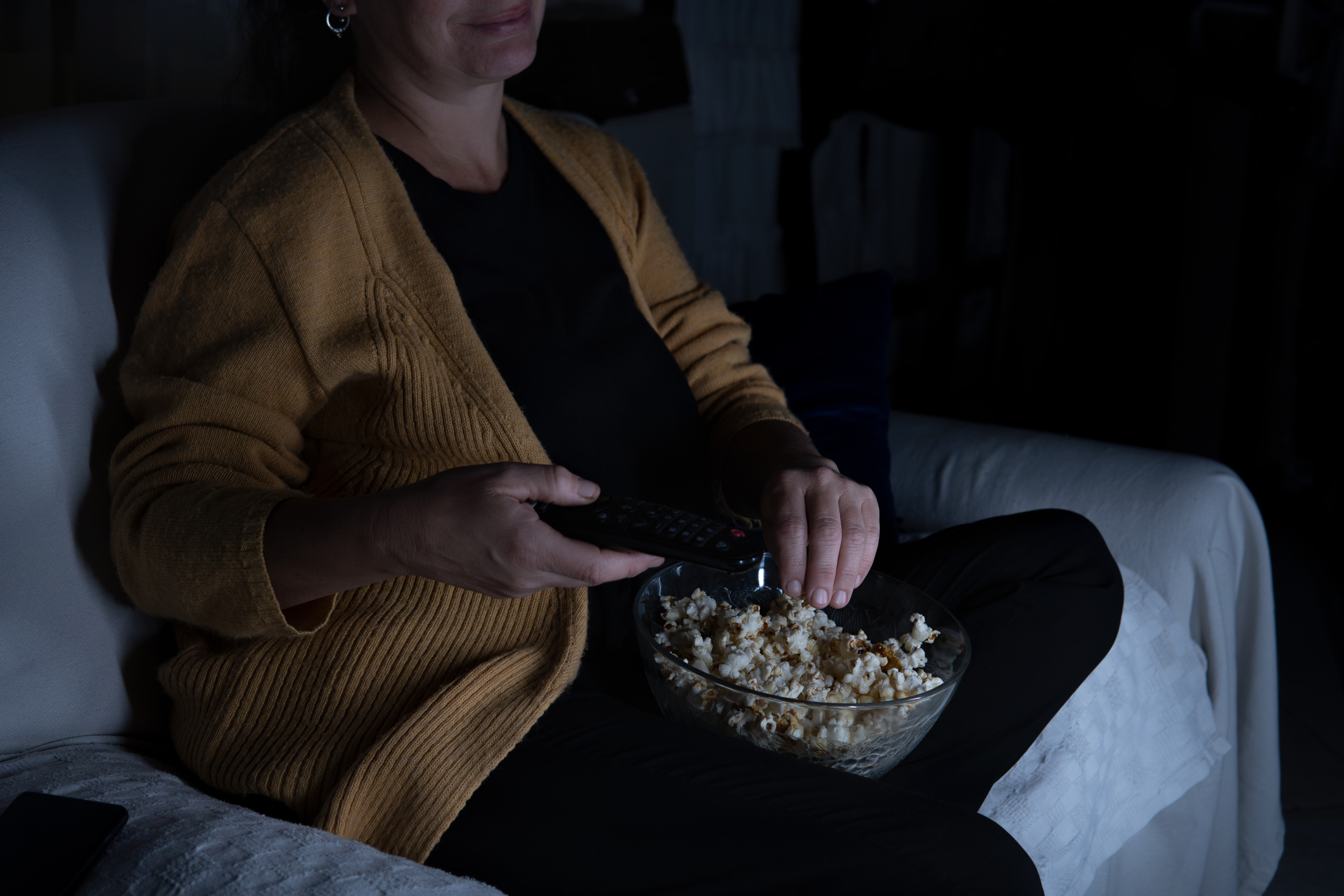Get Easy Health Digest™ in your inbox and don’t miss a thing when you subscribe today. Plus, get the free bonus report, Mother Nature’s Tips, Tricks and Remedies for Cholesterol, Blood Pressure & Blood Sugar as my way of saying welcome to the community!
Why late nights lead to blood sugar trouble

I’m a self-professed morning person.
I love the quiet time to collect my thoughts before anyone else is up.
I’m at my desk with coffee in hand as the sun is rising. By noon my work is done. The afternoon is for things that don’t require a sharp mind.
Until now, I’ve never considered whether there might also be health advantages to the fact that my body’s sleep clock is naturally set to “morning.”
Apparently, there are.
My “night owl” friends are at greater risk than I am of developing diabetes.
“Night owl” habits are a set-up for diabetes
It’s not that being a night owl in and of itself is a built-in flaw that dooms you to disease.
Several years ago, a study at Northumbria University in England uncovered the fact that the lifestyle and diet habits of night owls are a set-up for developing type 2 diabetes.
For one thing, people who go to bed later tend to have unhealthier diets. They report consuming higher levels of caffeinated beverages, sugar, and snacks than early risers, who eat slightly more fruit and vegetables per day.
Night owls also consistently report more erratic eating patterns, missing breakfast and eating later in the day.
This potentially explains why night owls have a higher risk of suffering from chronic disease.
Study confirms night owls have higher risk for diabetes
More recently, a study from Brigham and Women’s Hospital confirms the fact that ‘night owls’ are more likely than ‘early birds’ to develop diabetes.
Dr. Tianyi Huang, an associate epidemiologist at Brigham and Women’s, along with his colleagues, analyzed data from 63,676 female nurses from the Nurses’ Health Study II collected from 2009-2017.
Their analysis included self-reported chronotype (the extent to which participants perceived themselves to be an evening person or a morning person), diet quality, weight and body mass index, sleep timing, smoking behaviors, alcohol use, physical activity, and family history of diabetes.
The team determined diabetes status from the participants’ self-reports and medical records — and they found that those identifying with an evening chronotype were associated with a 72 percent increased risk for diabetes before accounting for lifestyle factors.
However, after accounting for other lifestyle factors, the evening chronotype weighed in at a 19 percent increased risk of diabetes.
“When we controlled for unhealthy lifestyle behaviors, the strong association between chronotype and diabetes risk was reduced but still remained, which means that lifestyle factors explain a notable proportion of this association,” said first author Dr. Sina Kianersi.
In other words, the daily habits of night owls set them up for an increased risk of diabetes.
Night owl habits affect blood sugar levels
Those with evening chronotypes were found to be more likely to drink alcohol in higher quantities, get fewer hours of sleep per night, currently smoke, and have weight, BMI, and physical activity rates in the unhealthy range.
Also, night owls eat fewer but larger meals, and their diets contain fewer grains, fruits, and vegetables. They also report higher levels of consumption of caffeinated beverages, sugar, and snacks than those with a morning chronotype.
But it’s the timing of eating that really affects glucose levels and swings so many night owls toward diabetes.
Glucose levels should naturally decline throughout the day and reach their lowest point at night. However, night owls often eat shortly before bed, increasing their glucose level when they are about to sleep. This could negatively affect metabolism as their body isn’t following its normal biological process.
Once a night owl, always a night owl?
“Chronotype, or circadian preference, refers to a person’s preferred timing of sleep and waking and is partly genetically determined so it may be difficult to change,” says Dr. Huang of Brigham and Women’s.
In addition to that, a person’s career can also impact whether trying to become a morning owl is even possible, especially if it requires night shift or swing shift hours.
But if you have a day job but still find yourself burning the midnight oil, check out the tips in this excellent short video on how to become less of a “night owl” and save your health.
Regardless, try to avoid the one habit that makes the night owl lifestyle habit especially harmful — unhealthy late-night snacking.
Research has found eating late makes fat grow because it makes a significant difference in our hunger levels, the way we burn calories after we eat and the way we store fat. That adds up to weight gain and that’s one more diabetes risk factor.
So trade in snacks like chips, pizza pockets or cookies with a handful or two of berries. Berries can put you back in control of your hunger by suppressing appetite and they contain anthocyanins — compounds that help fight blood sugar problems and obesity.
Editor’s note: Are you feeling unusually tired? You may think this is normal aging, but the problem could be your master hormone. When it’s not working, your risk of age-related diseases skyrockets. To reset what many call “the trigger for all disease” and live better, longer, click here to discover The Insulin Factor: How to Repair Your Body’s Master Controller and Conquer Chronic Disease!
Sources:
‘Night owls’ more likely than ‘early birds’ to develop diabetes — Eureka Alert
Chronotype, Unhealthy Lifestyle, and Diabetes Risk in Middle-Aged U.S. Women — Annals of Internal Medicine
Is being a night owl bad for your health? — Science Daily














